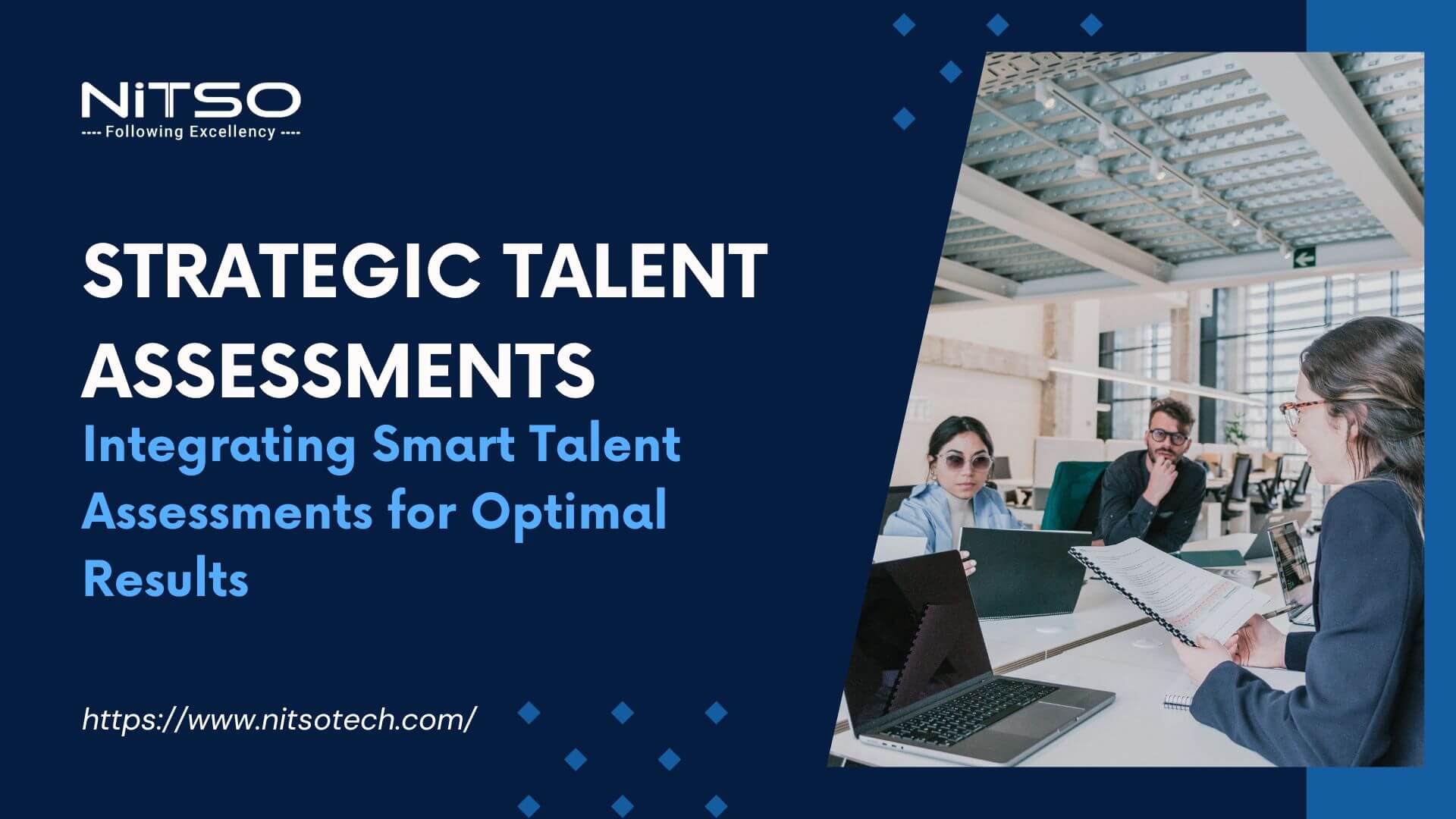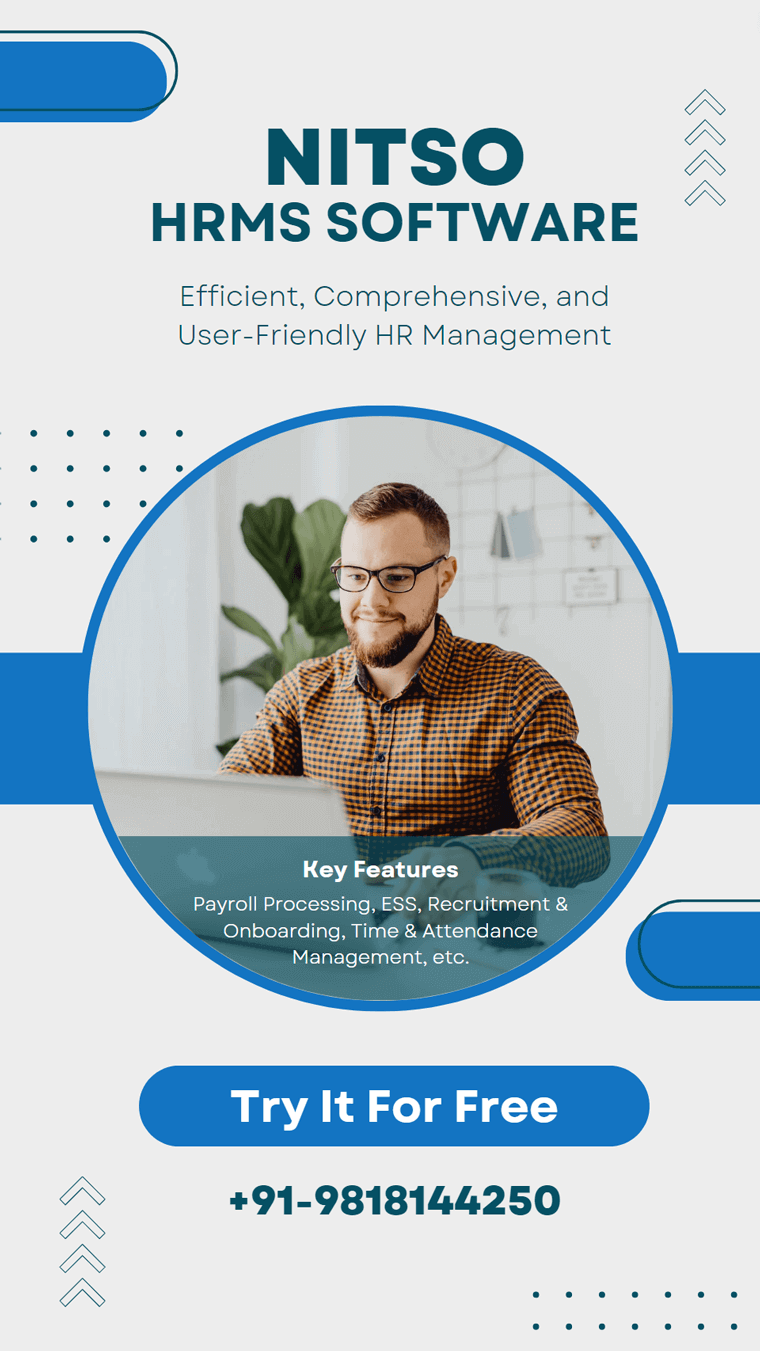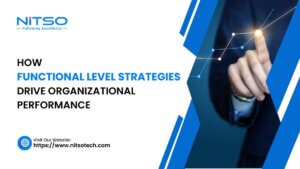Finding the right staff talent can be difficult, particularly in cases where hiring is done on a large scale. Ineffective hiring practices can have a negative impact on people, profit, and production in every area of a company. That’s why pre-hire assessments from Testlify, iMocha, and Testgorilla have become increasingly important in the recruitment process to evaluate a candidate’s suitability for a role.
In this blog, we’ll explore the challenges of volume hiring and how incorporating smart talent assessments can optimize the hiring process. We’ll also discuss the different types of pre-hire assessments available in the market and key steps in effective hiring- from job analysis to candidate selection. So, let’s dive in and explore the world of smart talent assessments together.
Table of Contents
Understanding the Challenges of High-Volume Recruitment
While high-volume recruitment can be a challenging process, the consequences of poor assessment processes are far-reaching. Using assessments that measure personality traits or unrelated skills does little to reveal a candidate’s true suitability for a role, leading to a significant disconnect between expectations and reality, known as the Candidate Expectation Gap. This discord can drive up to 50% of newly hired employees to leave shortly after starting, impacting productivity, profit, and people.
Recognizing the issue at hand, many talent assessment platforms embarked on a mission to eliminate unrealistic job assessments and designed a new approach, centered around Realistic Job Assessments, to bridge the Candidate Expectation Gap. By crafting tailored pre-hire processes and assessments, the AI talent assessment tools streamline recruitment journeys and reduce bias in the hiring process, all whilst prioritizing the candidate experience. Additionally, with empirical data-driven decision-making,
Integrating Smart Talent Assessments for Optimal Results
The hiring process is crucial to the success of any business, as we’ve covered in earlier sections. Selecting the ideal candidate for the job means going beyond simply locating suitable applicants when making volume hiring decisions.
This is where pre-hire assessments come into play. These assessments, when used correctly, help organizations evaluate a candidate’s potential for success in a specific role. Pre-hire assessments provide a wider perspective beyond resumes and interviews, giving hiring teams a better understanding of candidates’ strengths, weaknesses, and fit for the job.
Benefits of Pre-Hire Assessments
The benefits of pre-hire assessments are many. Here are a few of them:
- By streamlining the employment process, beginning with the screening phase, they can contribute to a reduction in volume hiring time and expenses.
- By lessening the influence of unconscious prejudice during the hiring process, they also advance diversity and inclusivity.
- They assist in determining which applicants are the greatest fit for the position, which improves the candidate experience and increases retention rates.
Types of Pre-Hire Assessments
Pre-hire assessments come in a variety of forms, and each has a unique function. Here are a few of the most common:
- Personality tests analyze a candidate’s proclivities and interpersonal abilities.
- Aptitude and skills tests gauge their ability to reason and perform in areas pertinent to the position.
- Situational judgment tests (SJT) measure a candidate’s aptitude in real-life situations that may arise at the job.
- Integrity assessments gauge a candidate’s honesty and ethics.
Top Pre-Hire Assessment Tools in the Market
Several pre-hire assessment tools can help organizations find suitable candidates for their roles. Here are some of the top tools available in the market:
1. Testlify
Testlify, supports startups and small businesses support by helping them in successful recruiting decisions for technical talent. Each candidate receives benchmarked results from expert-crafted, unique examinations, ensuring qualified individuals effortlessly move to the interview stage.
2. Criteria Corp
A platform that offers skills, aptitude, personality, and job-specific tests to evaluate candidates.
3. HireSelect
A tool that offers aptitude, personality, and skills tests to determine a candidate’s suitability for the role.
4. ThriveMap
An organization that designs and implements Realistic Job Assessments that bridge the Candidate Expectation Gap, resulting in better hiring decisions and happier employees.
5. HireVue
A recruitment automation tool that streamlines HR operations, and offers structured interviews and effective recruitment assessments to find the best-fit candidate.
6. iMocha
A remote-based skills assessment tool that helps enterprises with AI and science-driven assessments to make high-quality recruitment decisions.
7. Indeed Assessments
A tool that offers insights into applicant skills with ready-to-use tests, regular updates, and a wide range of tests.
8. Intervue
A tool that offers home assignment options and structured remote interviews for HR teams. With Intervue’s live coding environment of 35+ programming languages, recruiters can evaluate digital and technical skills more precisely.
Pre-hire assessments are a useful tool in identifying the best-fit candidates for an open position. With a variety of assessment types and tools available, it’s essential to choose the ones that align with your recruitment goals while maintaining a smooth and fair candidate experience.
Article you might be interested in: How Does Pre-employment Screening Software Improve Hiring?
Job Analysis: The Foundation of Effective Hiring
Job Analysis is the foundation of effective volume hiring; it helps businesses create a roadmap of the specific skills and knowledge required in a particular job position. In high-volume recruitment, job analysis plays a pivotal role since it gives an organization a clear understanding of the job, its responsibilities, and the ideal candidate’s qualifications. Conducting Job Analysis requires an in-depth understanding of the organization and its culture, values, and mission.
Identifying the essential duties and responsibilities of the job as well as the knowledge and abilities needed for it are important steps in the job analysis process. The study aids in determining the fundamental qualities needed for effective work performance. To make sure you have a clear grasp of the work, it’s also critical to interact with stakeholders and staff. Additionally, it’s crucial to recognize external factors that may affect the job’s requirements, like industry trends and market competition.
Conducting a comprehensive job analysis helps organizations set realistic requirements for candidate selection and create an accurate job description. It assists in setting an effective compensation package and helps formulate interview questions and assessments that ensure job-fit candidates.
In conclusion, a robust Job Analysis ensures candidates’ recruitment is aligned with the organization’s needs and provides a solid foundation for the overall strategic hiring process.
Designing the Ideal Candidate Profile
Defining the ideal candidate for your organization can be a daunting task, but it’s an essential step toward streamlining your recruitment process. After conducting job analysis and assessment ideas labs, the next step is to design a comprehensive ideal candidate profile.
However, what qualities make a candidate the perfect fit for your company? Think about the abilities, credentials, and character traits that are essential for the position. Remember to take your company’s beliefs and culture into account. Research shows that strategically hiring employees who share company values leads to higher job satisfaction and lower turnover rates.
Crafting a comprehensive ideal candidate profile is more than just listing down the required skills and qualifications. It needs to be customized to draw in the best employees and represent the values, culture, and objectives of your business. Recall that the perfect applicant is someone who can work well in your company as well as someone who can perform the job.
Your ideal candidate profile should contain soft skills like communication, problem-solving, and teamwork in addition to job-related competencies. These are fundamental characteristics that can have a big impact on workplace culture and job success.
Thus, take your time and create a thorough profile of the ideal applicant that is specific to the requirements of your company. This will provide you with a strong basis on which to find and choose the individuals who are most suitable for your company.
Article you might be interested in: 7 Key Talent Acquisition Strategies for Better Hiring
Designing the Pre-Hire Process for a Volume Hiring
A crucial component of any assessment tool’s comprehensive volume hiring procedure is creating a pre-hire procedure that is tailored to your company’s particular requirements and objectives.
However, simplifying the procedure is just one element of the whole. We also place a high priority on eliminating bias from the volume hiring process, encouraging an impartial and fair evaluation of applicants, and eventually encouraging inclusivity and diversity in your team. To do this, we omit pointless processes from the strategic hiring procedure and create tests that precisely gauge a candidate’s abilities, aptitude, and suitability for the position.
Throughout their pre-hire process, they place a premium on the candidate experience. The organization recognizes that each stage of the candidate journey has a substantial impact on the company’s overall reputation. They are dedicated to providing a seamless and informative experience, with a focus on customization to correspond with unique recruitment goals and workflow preferences, assuring a positive and bespoke pre-hire process.
For example, in cases where you’re seeking entry-level candidates who do not require prior experience or specialized skills, we may recommend eliminating steps like CV reviews, phone screenings, or even automating the selection process entirely. This approach saves time and resources while still identifying the best-fit candidates efficiently and accurately.
Overall, the customized approach to pre-hire assessments prioritizes streamlining the recruitment process, reducing bias, prioritizing the candidate experience, and customization to fit the unique needs and goals of your organization during a volume of hiring. The data-driven approach ensures that your recruitment journey is optimized for success at every step.
The Realistic Job Assessment: A Multifaceted Approach
By providing a true representation of the job requirements, challenges, and opportunities, candidates gain a better understanding of the role and are better equipped to make more informed decisions.
The Realistic Job Assessments also go beyond traditional recruitment methods by modeling real-life tasks and scenarios for candidates to complete. This approach heightens the predictive accuracy of the assessment process, enabling you to evaluate candidates based on their ability to carry out tasks that are job-relevant.
Furthermore, the AI talent assessment tools leverage the ‘Welcome from Leadership’ feature of our assessments, which provides candidates with a warm welcome to your organization from the leadership team. This feature gives candidates a sense of belonging and purpose, enhancing their motivation to succeed in the role.
The tools also prioritize candidate empowerment by crafting insightful questions that empower candidates to self-assess their fit for the role. This approach ensures that candidates are fully aware of the expectations and requirements of the role before accepting an offer.
Finally, all the Realistic Job Assessments are designed to seamlessly integrate with your existing systems, eliminating manual work and ensuring a cohesive experience for both candidates and your recruitment team. This approach saves time, minimizes errors, and drives efficiency in your evaluation and selection processes.
Candidate Selection: Identifying the Best-Fit Candidates
Candidate selection is a crucial element of the recruitment process. To find the best-fit candidates, AI talent assessment tools emphasize data-driven decision-making. This means evaluating candidates based on their ability to complete job-relevant tasks and exercises. Candidates are scored and banded, streamlining the selection process and saving time and resources while maintaining quality.
Insightful candidate reports show scoring breakdowns as well as answers to key questions in the assessment. This information aids recruitment teams in making informed choices, ensuring they identify the best-fit candidates efficiently and accurately.
Conclusion
Finding the right talent during volume hiring can be a tremendous challenge. Pre-hire assessments offer a solution to this problem by providing valuable insights into candidates and ensuring a good fit for the role. When integrated with job analysis and a tailored recruitment process, smart talent assessments can lead to optimal results.
Leveraging the top pre-hire assessment tools in the market and designing a realistic job assessment can provide an authentic job preview, real-life tasks, and scenarios, and empower candidates to choose. With this multifaceted approach, companies can streamline their recruitment process, reduce bias, and make data-driven decisions.








0 Comments